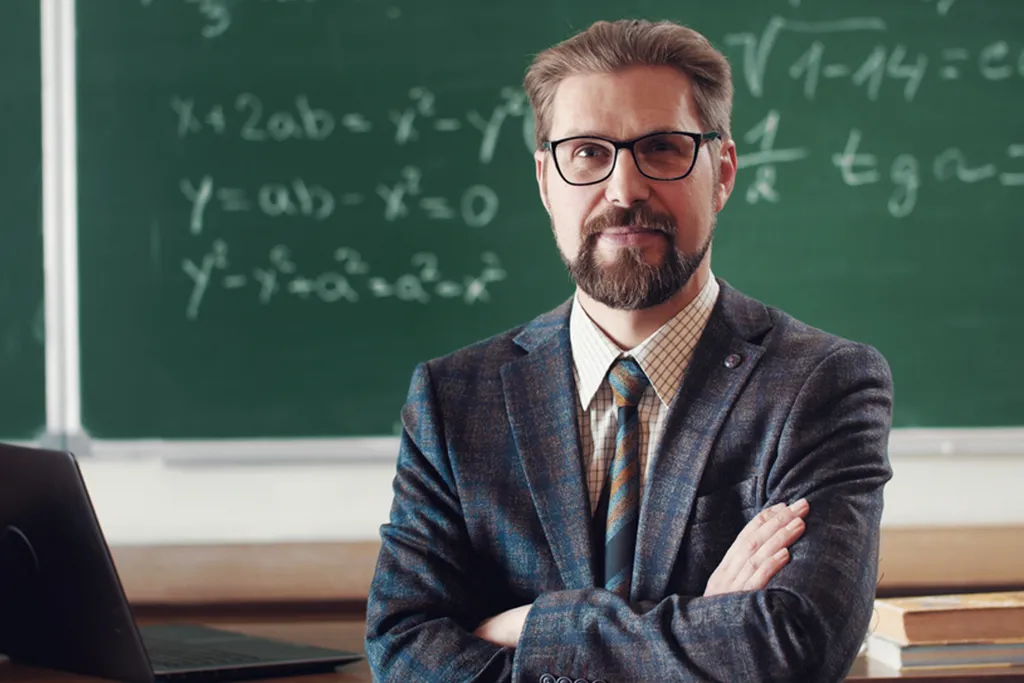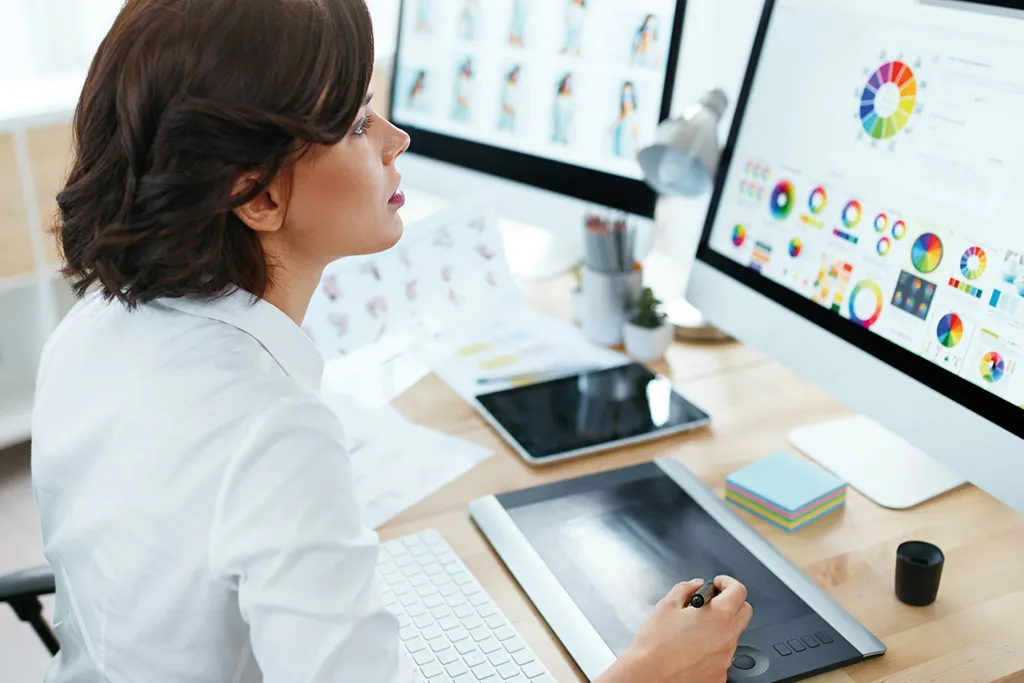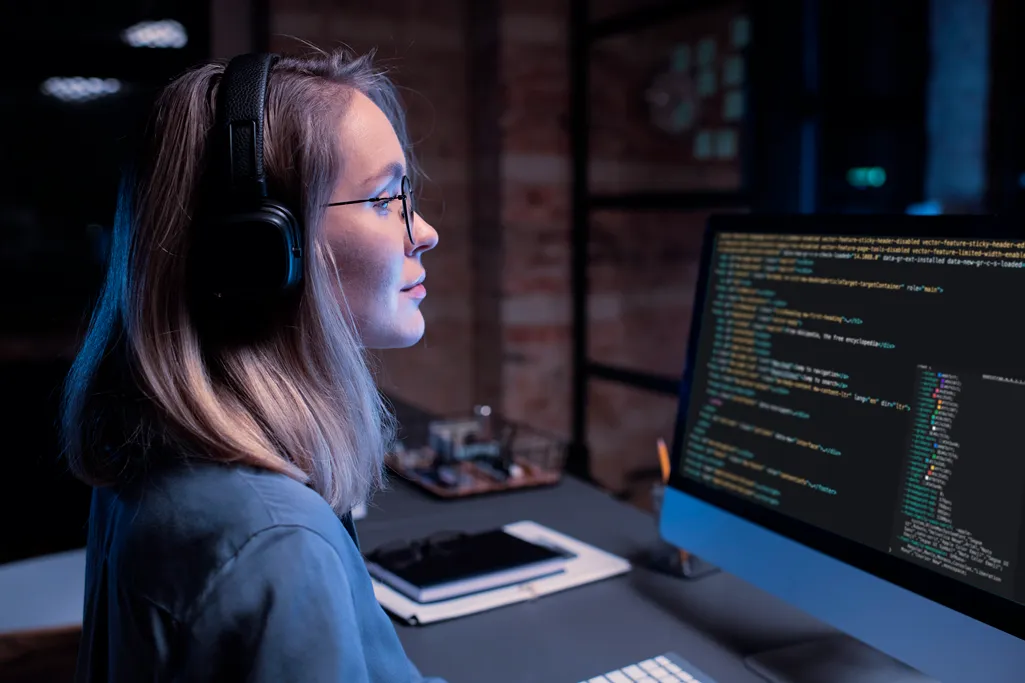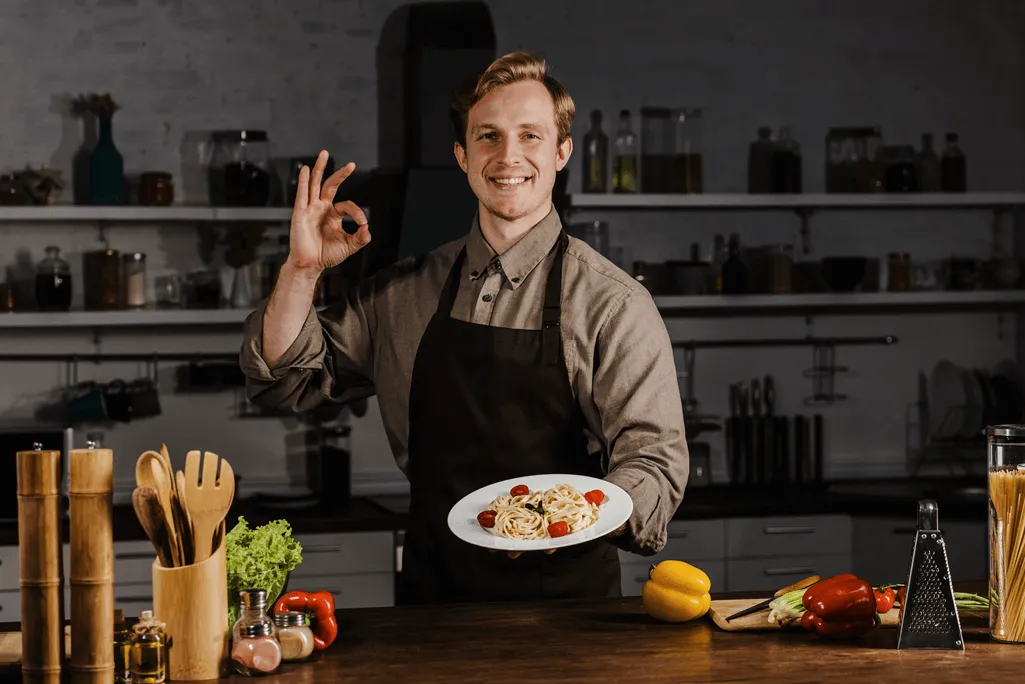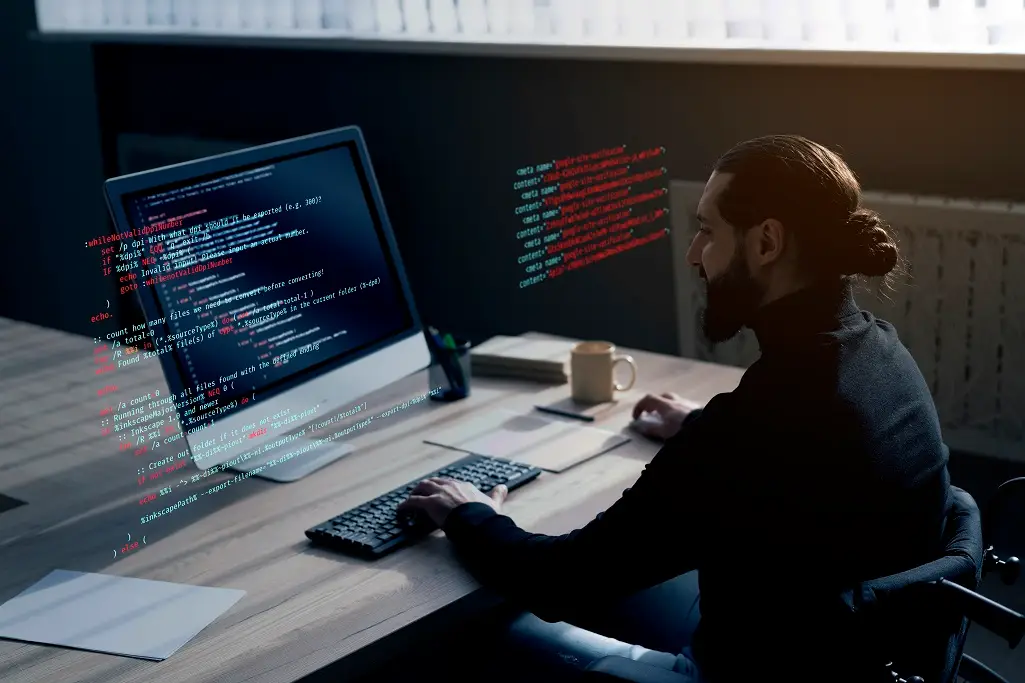Biochemists
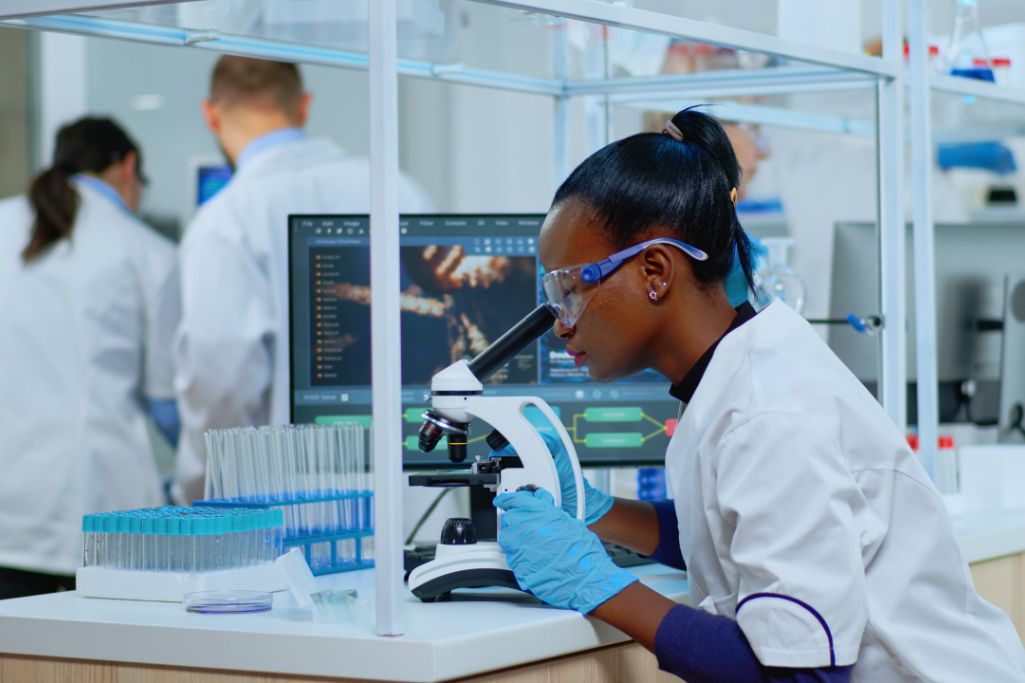
Biochemists
Washington , USA, United States
A Biochemist is a professional who specializes in studying the composition, functions, and chemical processes of living organisms. They analyze various life forms to gain insights into how they are affected by chemical reactions and processes.
(Company Facilities: Accommodation, Food, Medical Insurance)
Requirements:
- Passport Validity (1 year).
- Passport Size photo 2 inches by 2 inches on a white background, perfect for showing off your face.
- Updated CV.
- Police Clearence Certificate.
- Educational degrees, certificates, and transcripts.
- Previous employment experience documentation.
- Previous employment experience documentation.
- Marriage and birth certificates (if dependent members are traveling along).
Processing Time:
- H1-B Visa USA Processing Timeline: 16-24 Weeks
- Step 1: Enrollment
- Each following step will be carefully completed with the government's approval, ensuring a smooth and prompt process.
Responsibilities:
- Biochemists design and conduct experiments to investigate the chemical processes of living organisms.
- They use a range of techniques and equipment, including molecular biology, chromatography, electrophoresis, and spectroscopy.
- Biochemists analyze data and interpret experimental results to draw conclusions and make recommendations.
- They may use statistical software to process and analyze data and prepare reports or presentations to communicate findings.
- Biochemists work with engineers and other scientists to develop new products or improve existing ones, such as drugs, vaccines, or diagnostic tests.
- They may also be involved in developing new biotechnologies or medical devices.
- Biochemists ensure that products and processes meet quality standards by conducting tests and analyzing data.
- They may also develop new quality control procedures and ensure that laboratory safety protocols are followed.
- Biochemists may teach and mentor students in academic institutions, such as universities or colleges.
- They may also supervise and train technicians, research assistants, and junior scientists.
- Biochemists often work in interdisciplinary teams with scientists from other fields, such as physics, biology, or computer science.
Requirement and skills:
- Biochemists delve into the study of matter, including its composition, properties, and reactions.
- They use chemistry to develop new drugs, vaccines, and treatments for diseases.
- Analyzing chemical composition, synthesizing compounds, and evaluating instrument performance are all part of their expertise.
- Immunoassays are biochemical tests that measure the presence or concentration of substances using antibodies.
- Biochemists employ immunoassays to detect specific molecules, such as proteins or hormones, in biological samples.
- ELISA is a widely used immunoassay technique.
- Biochemists apply ELISA to detect and quantify proteins, antibodies, or other molecules in biological fluids.
- Biochemists working in pharmaceuticals or biotechnology adhere to GMP guidelines.
- GMP ensures product quality, safety, and consistency during manufacturing processes.
- Biochemists analyze experimental data to draw evidence-based conclusions.
- Proficiency in statistical analysis and interpretation is crucial for making informed decisions.
- Biochemists interpret test results accurately.
- Their assessments contribute to diagnosing diseases, monitoring treatments, and advancing research.
- Biochemists isolate and purify proteins from complex mixtures.
- This skill is vital for studying protein structure, function, and interactions.



